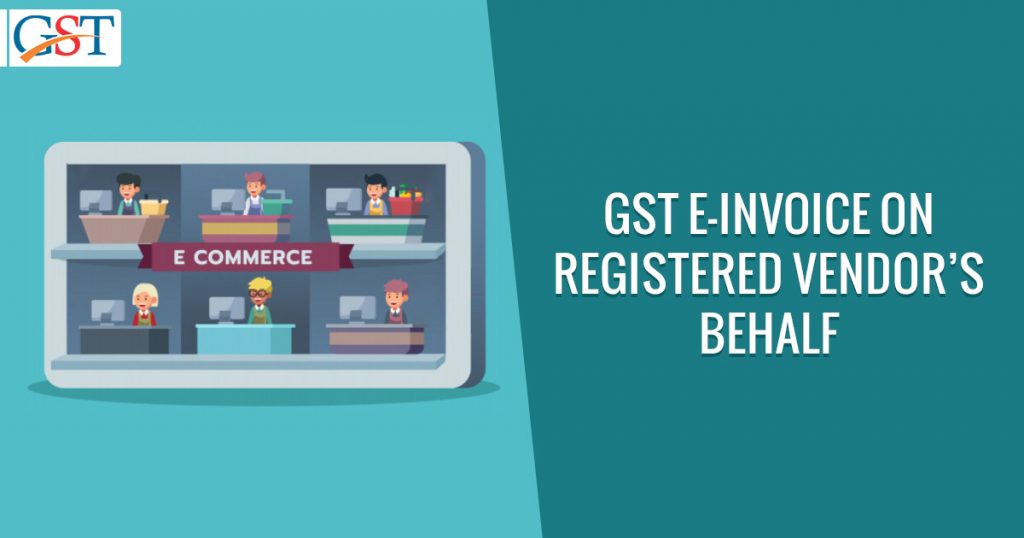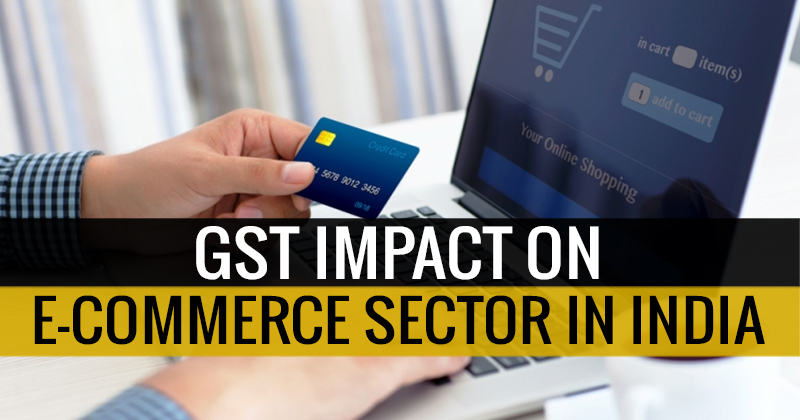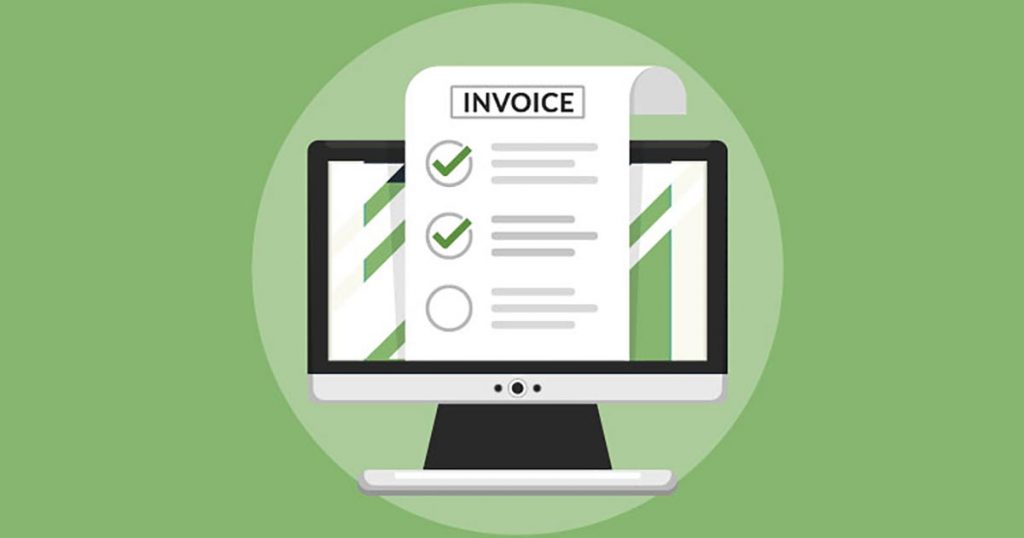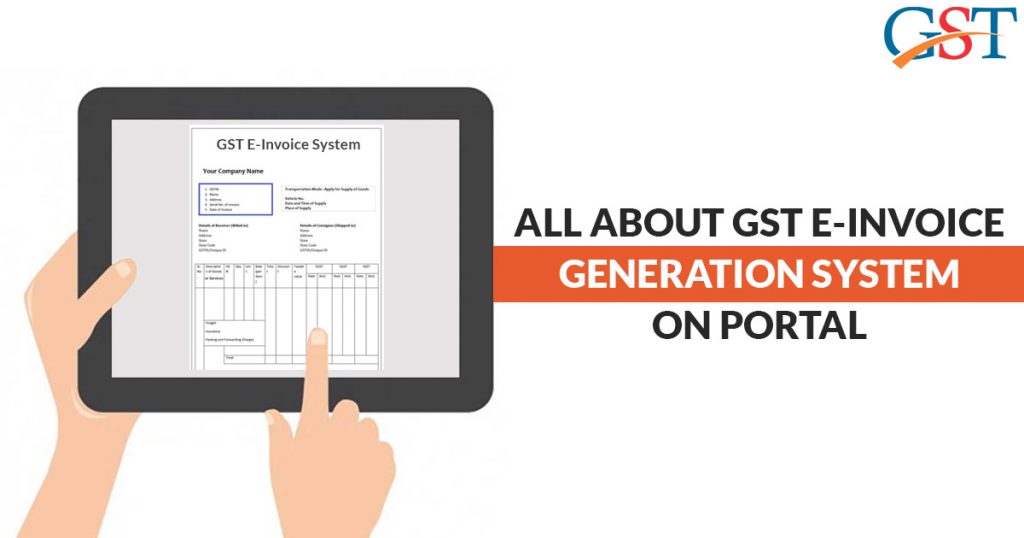
Businesses are preparing their systems for the commencement of petrol GST e-invoicing. Amidst the resonance of e-invoicing all over the nation, a specific relaxation to e-commerce companies could be seen. The giant e-commerce hubs such as Amazon and Flipkart might get the grant to upload e-invoices on behalf of their registered suppliers under Goods and Service Tax (GST) regime.
Read Also: GST Impact on E-commerce Sector in India
To sort out confusion regarding the new (trial) e-invoice mechanism the government has clarified each point of compliance in the form of frequently asked questions for e-commerce firms. It has been confirmed by the ruling that E-commerce operators can avail e-invoice on behalf of their registered suppliers.
The allotment of invoicing on the supplier’s behalf to e-Commerce firms is a plus point for both the parties i.e the Principal (e-commerce) and the suppliers. The genuine supplier on an e-commerce website has to face no hassles with e-invoice generation separately and also the principal will have complete records of transactions from their side helping them to detect and curb miscellaneous frauds if commencing on their online platform.
The petrol GST e-invoicing has already been executed and applied to businesses with an annual turnover of Rs. 500 Crore. On the other hand, businesses with an annual turnover of Rs. 100 Crore and more will face the dawn of the process (GST e-invoicing) 
The answers to all e-invoicing compliances in the form of FAQs will support businesses incorporating the new GST invoice registration system 
After scanning the outcomes of the new mechanism, the system of uploading e-invoices on the government portal will become mandatory compliance for business with a turnover of Rs. 100 Crore or more from 1 April 2020 respectively.
As per the rules applicable to business with a turnover of Rs. 500 Crore or more, all the B2C (Business to Consumer) transaction invoices issued by the firm will have the special electronically scannable (QR) code compulsorily from 1st April 2020.








